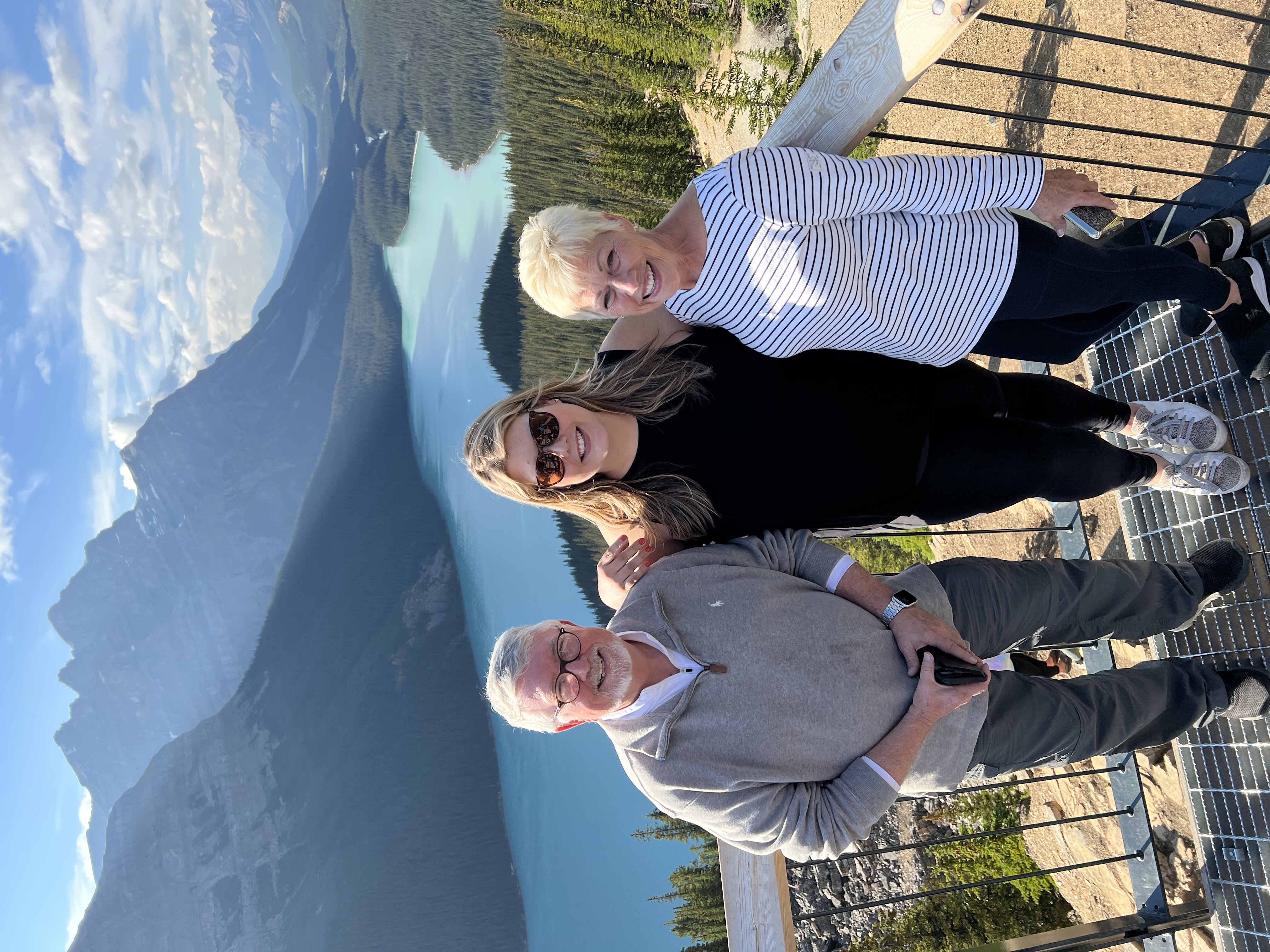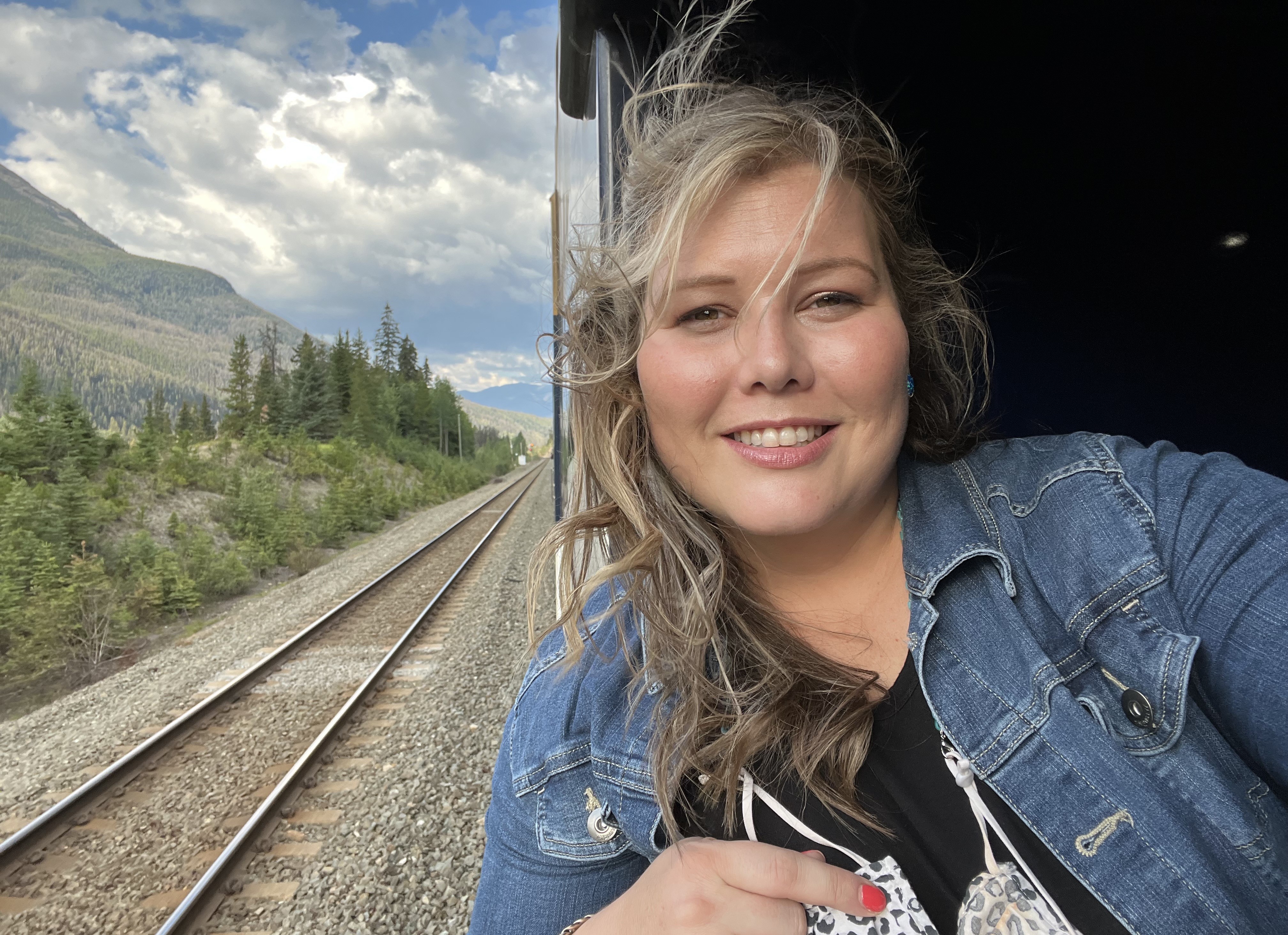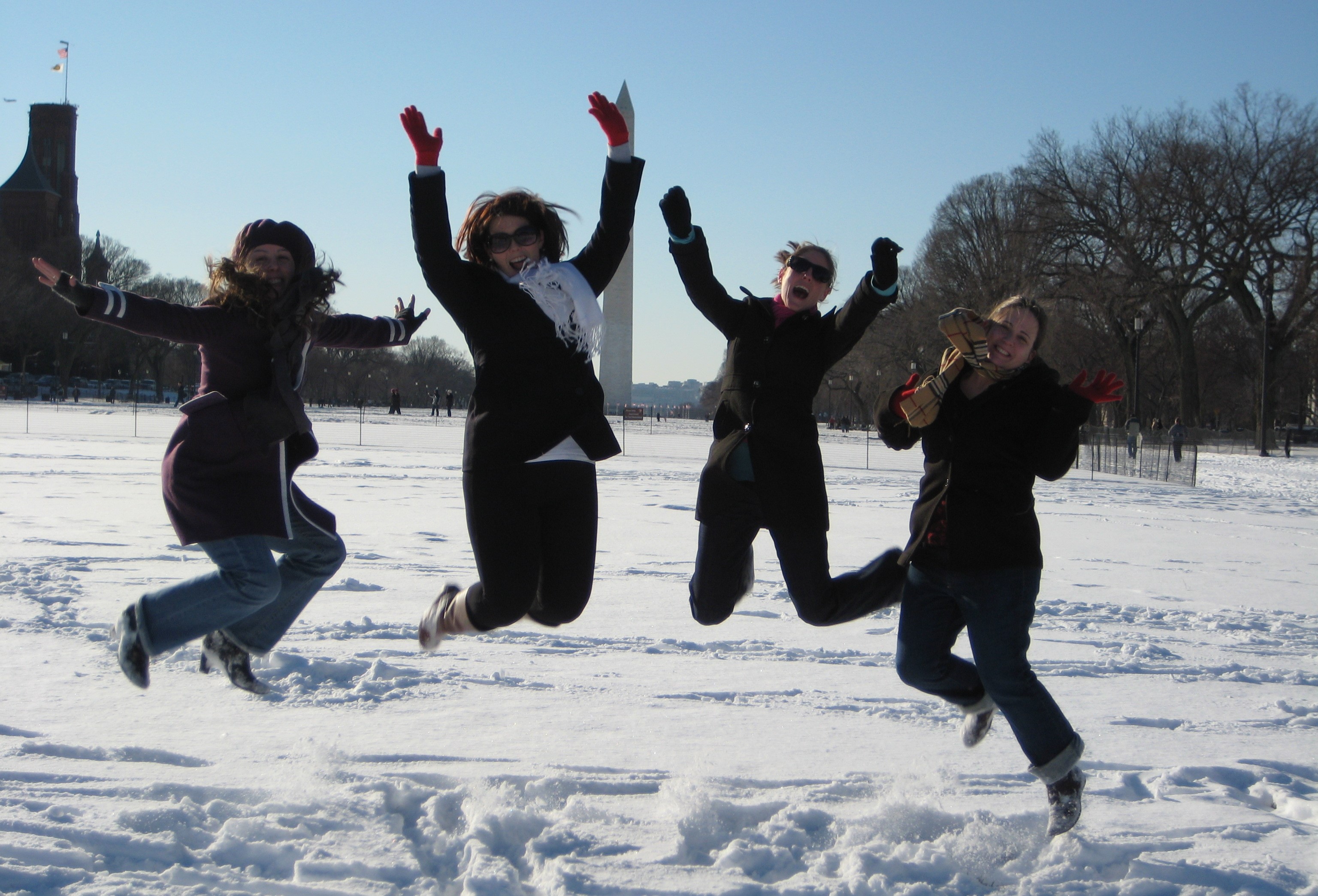Business litigator finds her ‘own voice’ at Atlanta firm
Articles
Spotlight
View more from News & Articles or Primerus Weekly
By Brian Cox
Attorney Jenn Coalson has had a few “ah-hah” moments that have directed the course of her law career.
As a young girl growing up around the law, Coalson was confident she wanted nothing to do with it. Her father was an Atlanta tax attorney for 45 years, and it was common for people to ask her if she was going to become a lawyer like her dad. Her answer was always “hard pass.”
She had seen the long hours her father worked and, what was worse, the job looked pretty boring.
That was until she took a class called “Law and Economics” her junior year at Wake Forest University in Winston-Salem, N.C. and discovered that she not only found the law interesting, but she was good at it.
“Turns out, I just hated tax law,” jokes Coalson, who is now litigation counsel with Krevolin & Horst, LLC, and whose office is in the same midtown Atlanta building where her father worked for decades. Instead of tax law, her practice centers around employment and business litigation.
A Georgia native, Coalson lives in the same Atlanta suburb where she was born and raised. Her mother’s work for judges of the Georgia Supreme Court and the U.S. District Court for the Northern District of Georgia further exposed her to the legal system and many years later provided important and influential contacts. She remembers going with her dad to his office on weekends and playing on a computer while he worked. In high school, she played the violin and viola in the orchestra, competed on the swim team, and was on the mock trial team – which years later she returned to as a coach.
Following graduation, Coalson attended Wake Forest to study history and economics with no concrete idea of what career path she might follow. She had thoughts of perhaps doing something in politics or business, but she didn’t feel rushed to decide. Then, of course, she took the “Law and Economics” class and her eyes were opened to a possibility that for years she had refused to consider.

It was the first “ah-hah” moment in a series of “ah-hah” moments leading to Coalson becoming an accomplished litigator experienced in helping clients navigate high-stakes legal disputes.
In her first year at the University of Georgia School of Law, Coalson wasn’t sure she even wanted to work at a traditional law firm. After all, a law degree could set her up for any number of careers. But as she finished her 1L, she started to think she might want to practice corporate law.
A summer associate position in the Atlanta office of Carlton Fields gave Coalson the opportunity to work with both corporate lawyers and litigators. In another “ah-hah” moment, she was surprised to find she clicked most with the litigators.
“I thought: this is kind of fun,” she recalls. “Maybe I could do this.”
But even as she concluded she wanted to do litigation work, she was less sure she wanted to ever argue in court. It seemed too daunting somehow. She saw herself more as operating behind the scenes, writing briefs, and providing support for the trial lawyer who would stand up in the courtroom.
She joined Carlton Fields after earning her juris doctor. At the large national firm, which has nearly a dozen offices across the country, Coalson was the sole junior associate in the Atlanta office, which led to immediate substantive litigation experience, including depositions, expert work, and participating in a week-long jury trial during her first few months with the firm. In the process, she discovered that she had been wrong: she loved being in court and trying cases.
“I think early on for me it was the relationships with clients that I liked,” she says. “And getting to see firsthand the difference that it makes when you go to court for someone who is intimidated by the system. I enjoy helping clients understand what’s going on and doing the best I can to advocate for them.”
After a year and a half at Carlton Fields, Coalson made a bold and dramatic career change. Concluding that the Big Law environment was not a good fit for her, she decided to move to Washington, D.C. She’d toyed with the notion of working in politics for years and determined that she needed to give it a shot.
“I think I needed to make a change,” she says. “I also think I would have spent my life wondering what could have been if I’d never tried.”
In D.C., Coalson found she was both under- and over-qualified for many of the jobs that interested her. Unlike many entry-level applicants, she already had an advanced degree and substantive work experience. At the same time, she lacked the specific types of policy experience that would-be employers were looking for from applicants for legal positions. She did some contract work but never found a permanent position fitting her skill set and experience. At the end of the year, she decided to return to Atlanta.
“I did a lot of growing up that year,” she says of the experience. “I think it showed me that I could take a step back and decide for myself what I want to do and it doesn’t have to be the things that I always thought were part of a ‘traditional’ path for young lawyers. Going to D.C. was getting out of that routine for me and learning to have a little bit of control over my own destiny.”
Back in Atlanta, Coalson found work with a family friend whose practice focused on cases concerning libel, copyright, and First Amendment issues. As she got her feet under her, Coalson jumped at the chance to briefly clerk for Judge Timothy C. Batten of the U.S. District Court for the Northern District of Georgia. The gig was only for a few months, but Coalson had always been interested in a clerkship. It turned out, she loved the work. So much so, in fact, that several years later when an opportunity arose to be Batten’s full-time clerk, Coalson seized it.
“I got to watch a ton of trials and court proceedings,” she says. “I had the opportunity to watch good lawyers and bad lawyers, which was really invaluable. I think it demystified the process a little for me.”

In between Coalson’s two clerkships with Batten, she was an associate with Parks, Chesin & Walbert, P.C., a civil litigation firm that focuses on employment law and business litigation. After three years of cutting her teeth at the firm, Coalson got a call from Batten saying he was looking for a full-time law clerk. She couldn’t say no.

Coalson left Parks, Chesin & Walbert on good terms but with no solid plans to return. But the break gave her and the firm time to reconsider her role there. Only three years later, she was invited to rejoin the firm as its first female partner.
“One challenge in this largely male dominated field is that while there are more women now in law school, it’s still men driving a lot of the decisions at firms,” says Coalson with passion. “What I struggled with was that, at any one time, I was either the only woman or one of up to three women in a firm that was otherwise all men.”
That left Coalson with fewer role models to look to in her own firm. She had to go out of her way to find her own style and her own people to imitate, explains Coalson.
“I had to learn that I couldn’t just copy and paste what my senior partners were doing,” she says. “I really had to find my own voice, and that meant looking for mentors outside of my own law firm through organizations that I’m involved with.”
Over time, Coalson learned how to get more comfortable with who she was and how she worked rather than trying to imitate what she’d seen someone else do.
“I think it’s something that a lot of women lawyers and lawyers of color deal with because you come into the practice of law from a different perspective,” she says. “A male senior partner is going to have a different style in the courtroom from a young female attorney. We’re going to argue a case differently. We’re going to present differently to a jury.”
In 2024, Coalson joined Krevolin & Horst in search of a more varied practice, greater collaboration, and the chance to work with colleagues with different backgrounds and perspectives.
“I was so impressed with the culture they’ve built,” she says of Krevolin & Horst. “It’s very low ego.”
Coalson particularly praises the firm’s transparency, the autonomy it grants its lawyers, and the firm’s investment in the professional growth and development of its employees.
“I appreciate the amount of trust the firm puts in the people it hires. They trust that they’ve hired good people who are going to do good work, and they are invested in helping you get there. They want to give people the flexibility to design their own careers and have more say in what they want to do.”
The firm boasts grads from many of the top law schools including Yale, Columbia, Penn, Stanford, Virginia, Michigan, Georgetown, Emory, Georgia, and Florida. Most of its lawyers previously worked at large national or international law firms. Of the firm’s 15 litigators, eight are women and 11 clerked for federal judges.
Coalson also embraces the firm’s entrepreneurial spirit. She enjoys one-off cases or cases that don’t fit into any defined practice area that a firm might have on its website.

“Someone calls you and it sounds interesting. It seems like something has happened that maybe shouldn’t have happened and so you want to dive in and sort of get to the bottom of it and figure out what the next step looks like,” she explains, adding that some firms pigeon-hole lawyers into a particular practice area, but not Krevolin & Horst. “Here you have the flexibility to do what interests you and take cases that interest you, even if it’s something of a non-traditional matter.”
Coalson is a big believer in the importance of being involved in the community and the legal profession. Among the organizations and causes she is involved with are the Federal Bar Association (where she serves as president-elect of the Atlanta chapter), the State Bar Labor & Employment Section, the Atlanta Bar Association, the Georgia Association of Women Lawyers, the Lawyers Club of Atlanta, the Georgia High School Mock Trial Competition, and the Arthritis Foundation (where she serves as a member of the Georgia Leadership Board).
She encourages younger lawyers to follow opportunity and to find mentors they can rely on for guidance apart from the people they work with or are related to.
“I’ve been very, very fortunate,” she says. “I’ve had excellent mentors at every job I’ve ever had. I believe in paying that forward and I try to take time to meet with law students and younger lawyers. And I hope people see that you can find your own way.”
You just have to be open to having a few “ah-hah” moments.